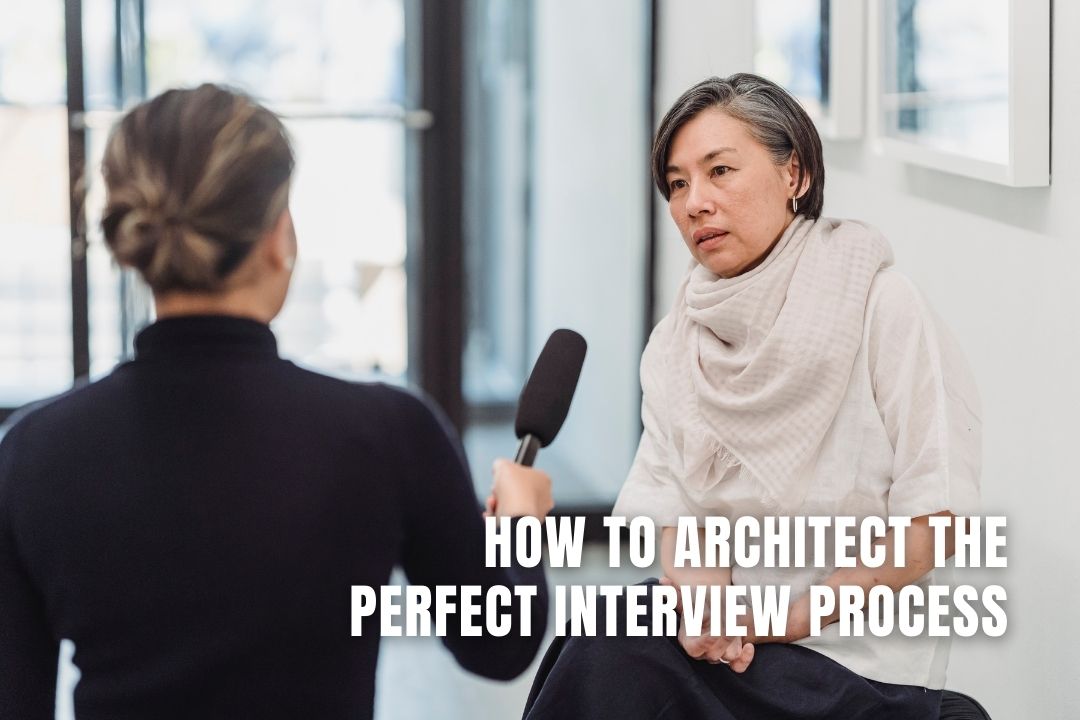
Finding the right candidate with the skill set necessary to work constructively, weather adversity, deal with ambiguity, and manage workplace stress effectively will serve you well for a long time. But these people don’t just come falling from the sky.
You need the perfect interview process to hire the right people for your company. Keep in mind, your team holds the key to unlocking the potential of your company. Recruits are the most important assets of any company, responsible for how you operate and present yourself.
The interview process refers to the steps a company makes to evaluate job candidates. A structured and well-thought-out interview process can save you both time and money, find the right people for the job, and help project a positive interview experience for everyone.
From group interviews to behavioral questions, discover all you need to know to architect the perfect interview process, including the tips and answers to anticipate. Here are the different techniques you can use to find and hire the best people for every job opening.
First and foremost, get clear on the numbers - how much do you want the department to grow? Focus on employee quality by being as selective as possible, but also aim to simplify the interview process because it can help you find more candidates to recruit.
Sure, defining your goals sounds great - but it doesn’t help you narrow your growing pool of job applicants. Now that you know what you want to achieve, the tough part begins - selecting applicants. Identify the bare minimums and screen candidates in or out to create a shortlist.
One thing you should seriously consider, is screening candidates that have transferable skills and perform assessment tests. You can create a program similar to Amazon job assessment tests to filter the best candidates. If you only look for candidates that check all the boxes in your criteria, you might end up with someone who is only good on paper but terrible for your organisation.
The format varies from industry to industry, and job description, but the goal is to effectively assess the applicant's skills, experience, and qualification. Sometimes, a blend of multiple interview formats will help you determine whether an applicant is a perfect fit.
Tech companies are famous for evaluating applicants through group and individual interviews. That way, the interviewer can evaluate the interviewee individually and in a group setting. The interviewer can also juggle between open-ended, situational, and behavioral questions.
The traditional choice in a suitable location to conduct an interview is a private, quiet, enclosed room. However, online interviews are the way forward and growing in popularity. The choice comes down to the type of company and how you want to come across an interviewee.
It is no secret that interviews are more or less question and answer sessions. Using your defined goals, identify a set of questions that will help you identify the best candidate for the job opening. There are plenty of online resources to help you accomplish this.
To make sure you recruit a candidate who is prepared and interested in the role, make sure you keep the interview relevant to the opening. That way, you not only save time interviewing all the candidates, but also avoid discriminating questions.
Even though changing how you approach each candidate can help keep things fresh for the interviewer, staying consistent will help you ensure everyone gets a fair shot at being selected for the job. Allocate the same amount of time to all candidates to also be effective.
Even though job interviews are traditionally thought-of as interrogations, they should not be. Some applicants might need clarification on certain questions or might ask for more information at the end of the interview. Aim to make the interview should be a two-way process.
Everyone wants to hire the best people for their teams. You probably already know the benefits of hiring the best people, and the cost of making a bad hiring decision cannot be overstated. So, it pays to take your time and learn how to create the perfect interview process.
Related Articles: